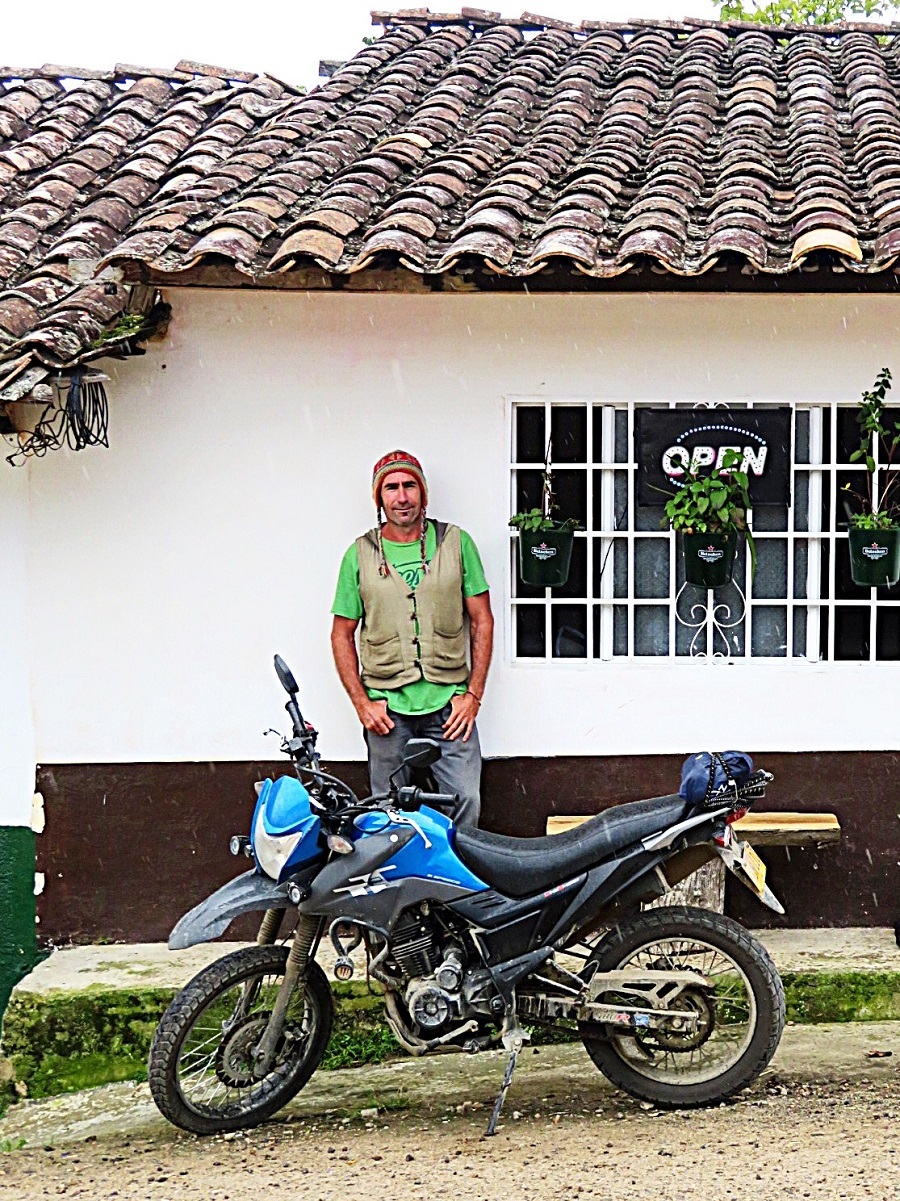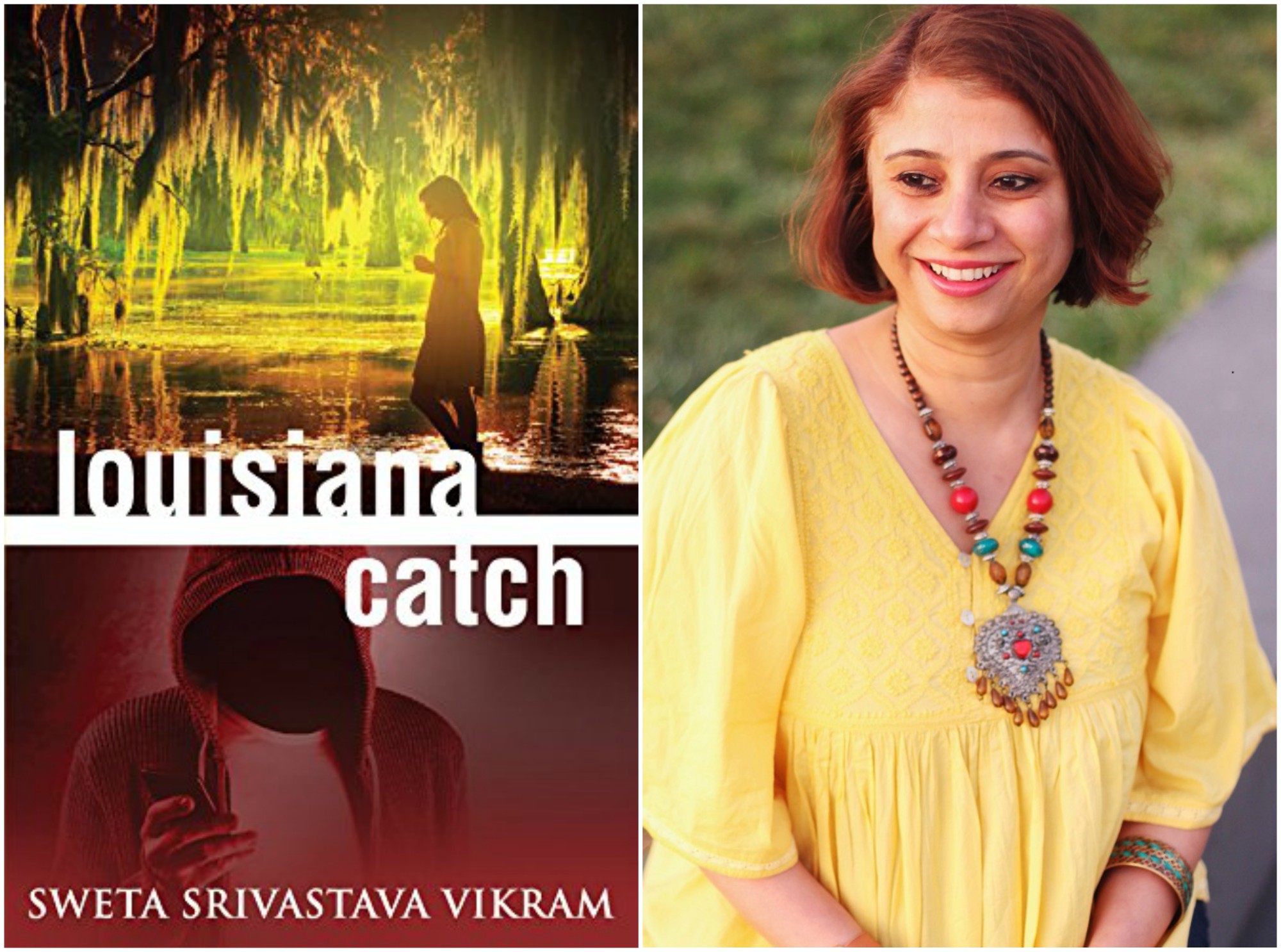The “rare” interview in the title of this post is one done by Shanaz Radjy and it’s about me. I normally don’t like to talk about myself but this time I must. Because the person who interviewed me did a superb job, it’s actually much more than an interview, it’s a full portrait of my life as a writer.
Shanaz, who describes herself as “an adventurer, foodie, bookworm, and horse-lover” is an incredibly talented writer, based in Portugal; with her husband, she has cofounded what she calls “an eco-tourism project” – it’s actually a lovely “eco-lodge” opened to nature lovers, a restored stone farm in a beautiful, wild mountainous setting, “off-the-grid”, as she says, with plenty of animals and fruits and home-grown vegetables.
Appropriately called Casa Beatrix, you can find all about it here.
.jpg)
Disclosure: I met Shanaz a few years ago and we happily worked together when I reported on the wonderful Women’s Brain Project and had a long and fascinating talk with founder Maria Teresa Ferretti who’s an Alzheimer specialist. The aim of their project is to generate scientific evidence to understand how sex and gender difference impact brain and mental disease. If you’re curious about that article, click here.
And here is the opening of that interview:
Reconnecting with Claude Forthomme
Claude Forthomme and I crossed paths when I was the Head of Communications for the Women’s Brain Project, and we collaborated on a piece on brain health for Impakter, where she is a Senior Editor. A few years later, after I finally read her book “Crimson Clouds” (yes, I have a monster TBR pile), I reached out to interview her.
One of the things I find fascinating about her is that she has done so many different things, and yet one of the red threads throughout the years has been her love of the written word.
Once a Writer, Always a Writer
Technically, Claude started her writing career when she was eight years old. She published a newsletter for her parents, an 8-10 page booklet complete with clippings, drawings, and articles on what she considered the big news of the day.
By the time she was 15, she had written her first novel: a murder story set in Colombia, among the mountain rebels. It’s one of many pieces that sit in literal or digital drawers, gathering dust.
A Citizen of the World
Born in Brussels, Claude’s father was a diplomat. She spent her childhood in Sweden, Egypt, Columbia, and Russia before graduating from Columbia University with a degree in Economics. After graduation, she worked in banking and publishing before teaching at the college level.
In 1979, Claude joined the United Nations, stationed at the Food and Agriculture Organization (FAO) in Rome, Italy.
Claude went on to direct the UN/FAO Office for Europe and Central Asia, with US$ 35 million in aid projects aimed at aiding the transition of Eastern Europe to a free market system. She also put food safety on the global agenda, organizing 48 countries at a transcontinental meeting in Budapest.
What’s in a (Pen) Name
In 2009, when she started her blog, Claude decided to publish under the pen name “Claude Nougat.” It was an inside joke, dating back to her teenage years. One day, her father mused aloud about nougat, wondering why it existed in two such extremes: soft and gooey and dry and crisp. Claude said she had the answer. Then, she explained that eggs were integrated differently in each – an explanation she’d made up on the spot.
Since that day, whenever she offered up one of her theories to explain something, Claude was told she “nougatized” it. An appropriate pseudonym, therefore, for a fiction writer.
Read the rest on Two Drops of Ink: A Literary Blog, click here.







